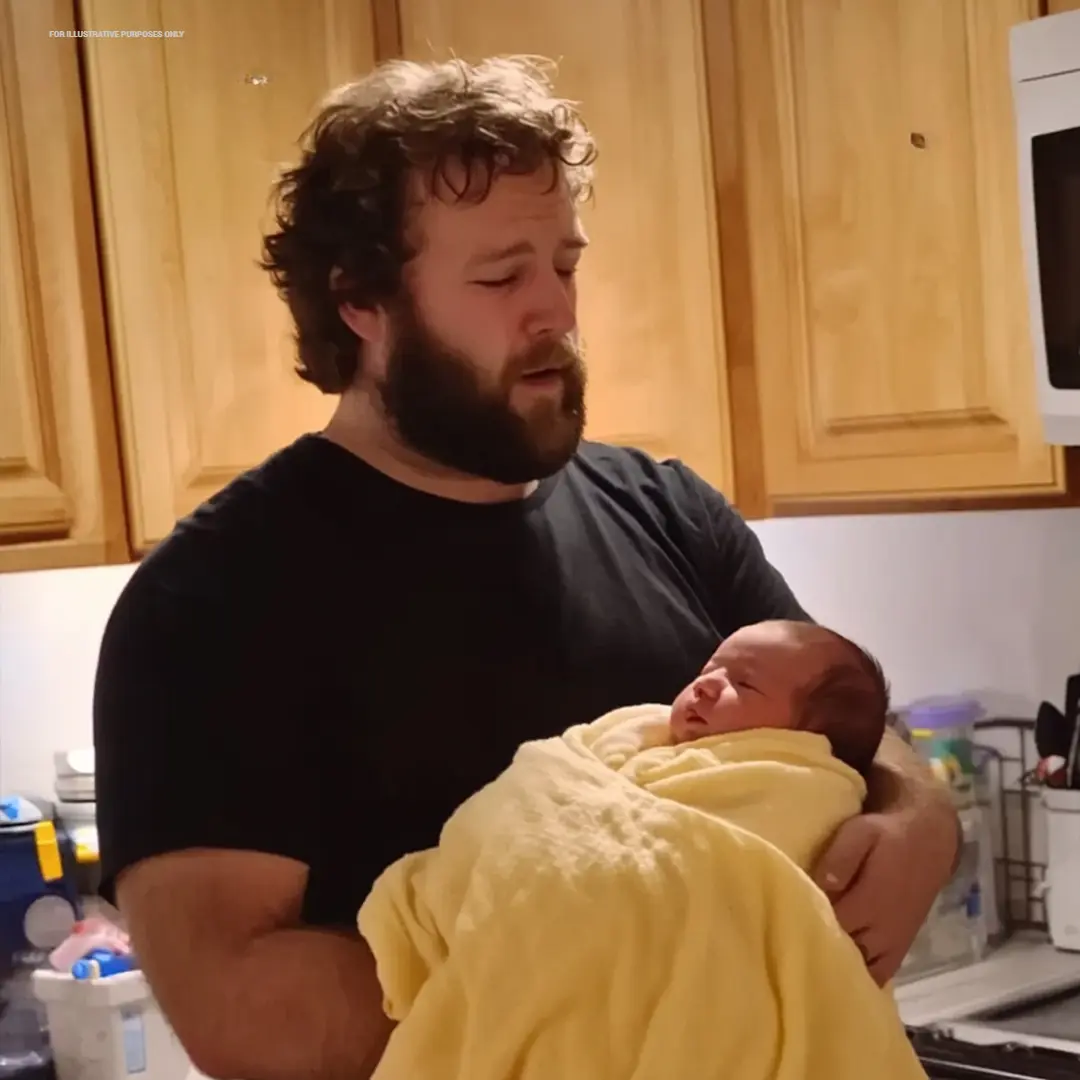
3 Surprising Farm Stories You Won’t Believe Are Real
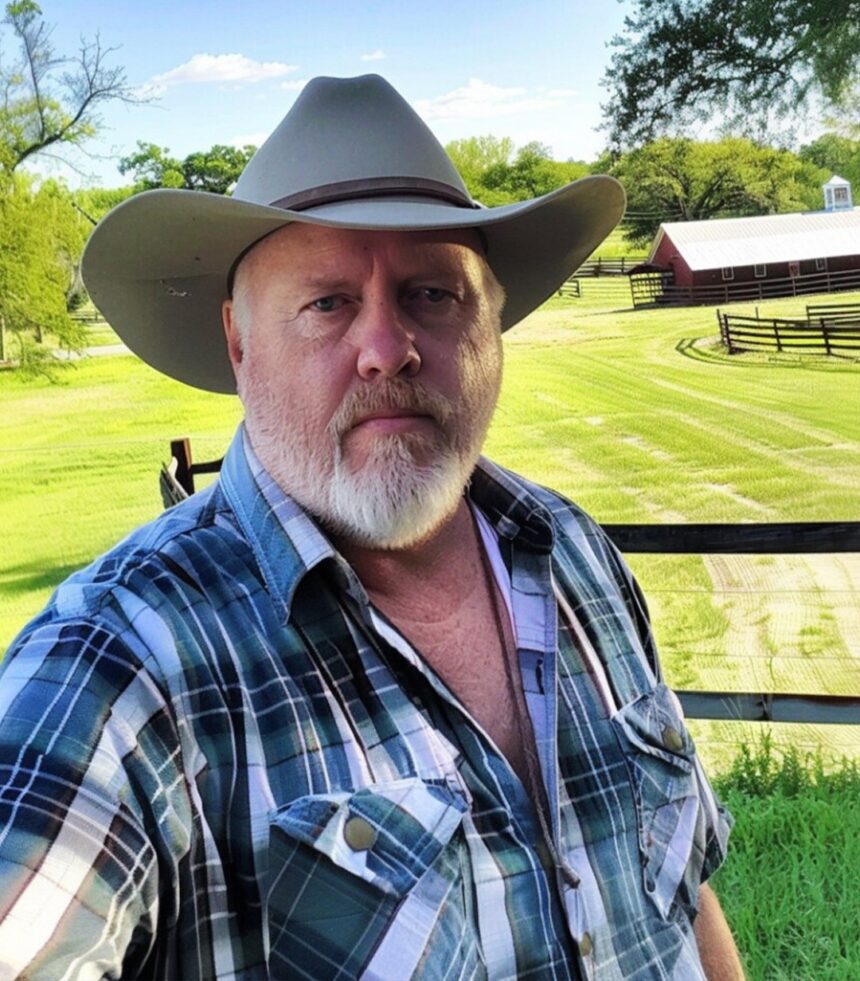
Many inheritances carry bittersweet lessons, as they unexpectedly guide individuals to life-altering revelations.
Three unsuspecting people, each with different fates, made life-changing discoveries tied to inheritances.
A disappointed woman unearthed a deep truth while managing a property left to someone else. Another man, after purchasing a dilapidated farm for just $1,000, uncovered a chilling tale of a father abandoned by his children.
The third discovered the hidden legacy of his grandparents while rebuilding their beloved home, as promised. These remarkable stories show that wealth doesn’t always equate to money—it also encompasses loyalty, hard work, and honoring the past.
My Grandma’s Will Left Me Nothing Until I Found Her Secret Plan
When Grandma passed away, I assumed I would inherit the farm, which had been our family’s heart and soul for generations. I spent my childhood tending to its soil, caring for the animals, and immersing myself in its daily rhythm.
But everything changed the moment the lawyer read Grandma’s will. To my shock, Felicity, my cousin, who spent more time taking selfies than working the fields, inherited the farm.
I found a letter from the lawyer that read, “Your grandma loved you more than anyone, Diana.” The familiar handwriting of Grandma blurred through my tears as I opened the letter, my hands trembling.
“Dear Diana,
If you’re reading this, you must make a decision. Yes, you adore this farm, which has shaped you as much as it shaped me. But I needed to know that its true guardian would emerge. I gave Felicity the farm, but you may stay as long as you wish.
While you stay, the farm cannot be sold. Please wait. My second will will be revealed in three months.
With all my love, Grandma.”
Why hadn’t she left me the farm? Did she doubt me?
I looked over at Felicity, who was whispering to her husband, Jack. I overheard them discussing developers and quick profits.
Felicity then turned to me and said, “Just take the money and leave, Diana. You can start fresh somewhere else.”
“This isn’t about money,” I said, my voice trembling. “This is about family.”
Her indifference was palpable as she tossed me the keys. “Fit yourself,” she sneered.
The next day, I returned to the farm. The work was exhausting, but the land seemed to breathe life under my touch. Each morning began with Daisy, the elderly cow who always seemed to understand me. In the afternoons, I fixed fences and tended to crops.
Ross, a neighbor, became an unexpected ally.
“Need help again?” he teased, arriving with his tools.
“The fence hates me,” I muttered, wiping away sweat.
Ross laughed and showed me how to reinforce the posts. “Your grandmother always said, ‘A good fence makes a happy farm.’”
I chuckled, realizing she never explained how much work a good fence required.
One evening, as I watched the sunset from the porch, a foul smell of smoke filled the air. I turned and saw the farmhouse engulfed in flames.
“No!” I screamed, running toward the fire.
Neighbors rushed to help, shouting and bringing buckets of water. Ross grabbed my arm.
“It’s too dangerous!” he yelled.
“The animals—”
“They’re safe,” he said, holding me back as the house burned.
By morning, Felicity stood among the charred remains, her voice a hollow whisper. “Doesn’t this change things?”
“No,” I said firmly. “The farm is still here.”
“Diana, you’re living in a barn now. It’s over. Just sell,” Felicity scoffed.
“I’ll figure it out,” I replied.
“You’re so stubborn,” she snapped. “Nothing’s left.”
But I knew she was wrong. I still had my memories, Grandma’s love, and the land.
Over the next few weeks, I worked tirelessly to rebuild. I repaired the fences, tilled the soil, and planted crops, with Ross’s help.
“You’ve done well, Diana,” he said one evening as we rested on the porch. “Your grandmother would be proud.”
“Thank you,” I replied, gazing at the horizon. “I think I understand why she did this.”
He nodded. “She knew the farm needed you.”
Three months later, the lawyer called us in for Grandma’s second will reading. Felicity was there, her smugness grating on my nerves.
The lawyer spoke. “To my dear Felicity and Diana, the time has come to reveal the true caretaker of the farm. Felicity, I hoped this would strengthen your family connection. But I believe Diana has proven herself the true guardian of this land. I now hand the farm over to her.”
Felicity’s face twisted in anger. “This is absurd! She burned the house down!”
Jack stood behind her, holding a receipt. Oddly enough, when I had mentioned the fire to a friend at the gas station, he said Felicity had bought gasoline that day.
Caught, Felicity snapped, “Fine! I wanted her gone!”
The lawyer’s voice cut through the tension. “Diana, the farm is now yours.”
The farm had become my sanctuary, a place where I felt whole again.
Ross joined me on the balcony one evening.
“How about that dinner I promised?” he asked, his smile shy.
“You know what? I think I have time now.”
As we prepared dinner, I realized that the farm was no longer just about my past or present—it was about my future, one filled with love and hope.
A Man Buys an Abandoned Farm with His Last $1,000 and Finds a Bag of Money in the Attic
I bought a farm for $1,000. Considering my sister had stolen my inheritance, it felt like a miracle. I had nothing left after signing away my parents’ land, which she claimed was hers due to false accusations. This property was the only thing I could afford, having drained the last of my savings from my children’s education fund.
When James, the seller, hurried me through the transaction, I should have sensed something was wrong. He insisted I didn’t need to inspect the farm. “Trust me,” he said with a grin. “It’s a steal.”
I signed the papers and handed over my last $1,000. Two days later, Lena and I brought our two kids to the property. I felt a wave of sickness as we drove through the overgrown driveway.
The place was a mess. The house was barely standing, with peeling paint and shattered windows. The fields were overrun with weeds. “This is where we start over,” I said, trying to convince myself.
“We’ll fix it,” Lena reassured me, clutching my arm. Her unwavering faith in me kept me going.
We worked tirelessly from day one. Lena and I put in long hours, establishing crops and fixing up the farm. It wasn’t easy, but with each passing day, we saw progress.
Soon, neighbors started noticing our efforts. They bought eggs and vegetables, impressed by what we had done with the land. Despite our limited resources, every small victory felt like a triumph.
But one afternoon, two men showed up at our door. They claimed the farm had an outstanding debt from Sebastian, the former owner. “You’re responsible for paying it now,” one of them said.
That’s when I realized that James and his brothers had sold me this farm to escape their debts. I was furious, but there was no time for anger. I made a small payment to buy some time and vowed to repay the loan.
The next day, while cleaning the attic, I stumbled upon a black plastic bag. As I opened it, money poured out onto the floor.
“Lena!” I gasped.
Another bag was inside, along with a letter.
“If you’re reading this, my sons ignored my will,” the letter began. It was from Sebastian, the farm’s previous owner.
He explained that he had always loved the farm, which had been in his family for generations. Despite his hopes that his sons would appreciate it, they had no interest in working the land.
“I’m leaving this money for whoever takes care of the farm,” the letter continued. “Use it to invest in the land and help it thrive. I want it to succeed, even if my own sons won’t.”
As I read the letter, tears welled up in my eyes. It felt as though Sebastian was speaking directly to me. His wish had become mine that day.
I used part of the money to pay off the debt, and the rest went toward improving the farm. Over the months, Lena and I transformed the property. The fields flourished, the barn was filled with healthy animals, and the house was beautiful once again.
Soon, visitors from neighboring towns came by, buying fresh produce, milk, and eggs. We named the farm “William and Sebastian’s Farm,” to honor those who had loved it before us.
James and his brothers returned, their faces full of greed after the farm’s success became well-known.
“Business is booming!” James said, his grin wide. “Why not share the profits with us?”
I chuckled. “I restored this farm day and night. You did nothing.”
James looked away, ashamed, but his eyes betrayed desperation. They were deep in debt.
Instead of rejecting them, I hired them. “If you’re willing to work hard, I’ll pay you fairly,” I offered. After some hesitation, they agreed.
It was clear they didn’t value hard work, but over time, they began to learn. James even found $500 in the attic and handed it to me.
“That’s your bonus for honesty,” he said, a slight smile on his face.
The family’s bond with the farm grew. As I had learned from Sebastian’s letter, hard work was the true foundation of success.
My children returned to help during their breaks from college, and unlike Sebastian’s sons, they understood the value of what we had built. The farm’s future was secure, and it became a testament to love, perseverance, and family legacy.
Poor Man Rebuilds Granny’s House, Discovers Hidden Cellar
After my grandmother passed, my brother Walter and I went to the lawyer’s office. Walter was excited, thinking he would inherit a large fortune, but me? I was there to fulfill her final wish—to rebuild the house my grandfather had built with love.
On her deathbed, Grandma had asked me, “This house means everything to me. Your grandpa built it with his own hands. Please promise me you’ll keep it in our family, even after I’m gone. Rebuild it in his honor.”
I gave her my word, knowing Walter was only pretending to care.
At the lawyer’s office, we learned that Grandma had left us the house—nothing more. No money, no valuables. Just the old house. Walter’s face twisted in anger.
“Where’s her money?” he demanded. “What about her jewelry?”
The lawyer explained that everything had been liquidated, and only the house remained. Walter stormed out in fury.
“Do what you want with it,” he spat. “I’m not wasting my time or money.”
Disappointed but resolute, I knew I had to honor Grandma’s final request. I didn’t have the money to rebuild, but I couldn’t break my promise.
Using every last bit of savings and borrowing from a close friend, I began the daunting task of restoring the house. Most days, I worked alone, hammering, painting, and fixing what I could.
One day, while digging in the yard to replace the sewage system, my shovel hit something solid. Intrigued, I unearthed a wooden hatch, leading to a small staircase that descended into the ground.
With a flashlight in hand, I descended into the cellar. There, sitting on the floor, was an old wooden box with a letter on top.
Trembling, I opened the box. It was from my grandfather.
“Harry, my grandson,” the letter began, “I trust you to honor your grandmother’s request. If Walter is with you, I’m happy he’s come around. This chest contains our family’s treasures. Take this letter to my lawyer, and you will receive what is rightfully yours.”
I held the letter close, feeling a deep connection to my grandfather’s wisdom and foresight. Inside the chest were family albums, mementos, and a small box containing my grandparents’ jewelry.
With the letter in hand, I headed straight to the lawyer’s office.
He greeted me with a knowing smile. “Your grandfather always said you would bring this to me.”
The lawyer explained the next steps, and I was stunned when he revealed that my grandparents had left me $300,000 in the bank, but only if I had rebuilt the house.
I nearly choked. $300,000—more than I could have ever imagined.
I knew exactly what to do. I donated $100,000 to a senior charity in honor of my grandparents and used the rest to pay off my debts and finish rebuilding the house.
The house was once again a home, just as Grandma and Grandpa had dreamed. My wife and I moved in, selling our old house to help fund the restoration. We even opened a small café with the remaining money, and our business flourished.
Our lives were finally stable. Walter? It was clear he had no interest in what mattered. But this house, this legacy of love and labor, would remain in our family for generations to come.
I remembered Grandpa’s advice: “Cherish your family.” And that’s what I vowed to do.
News in the same category

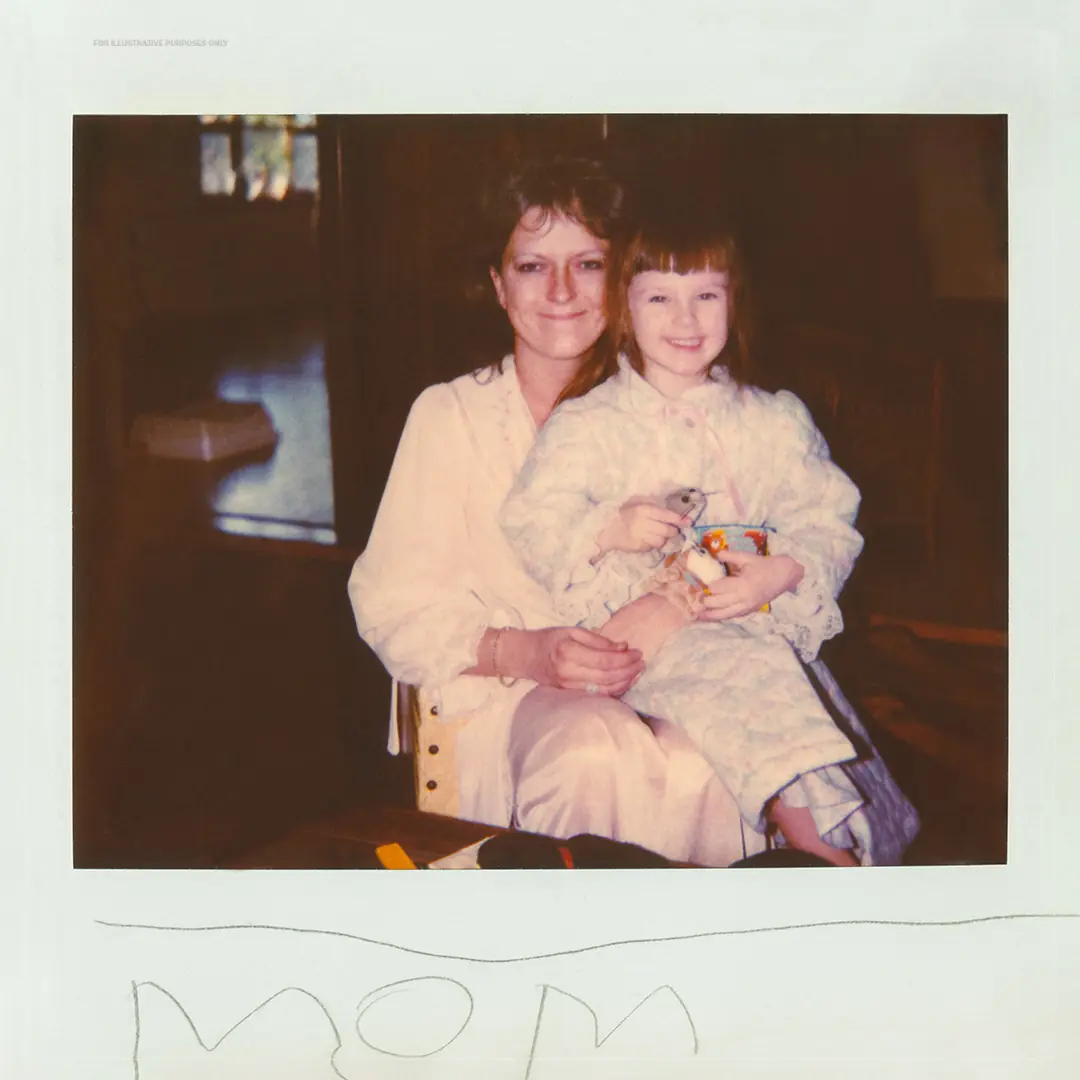
After Wife Leaves Family, Man Raises Child Alone, Woman Contacts Their Daughter 20 Years Later – Story of the Day
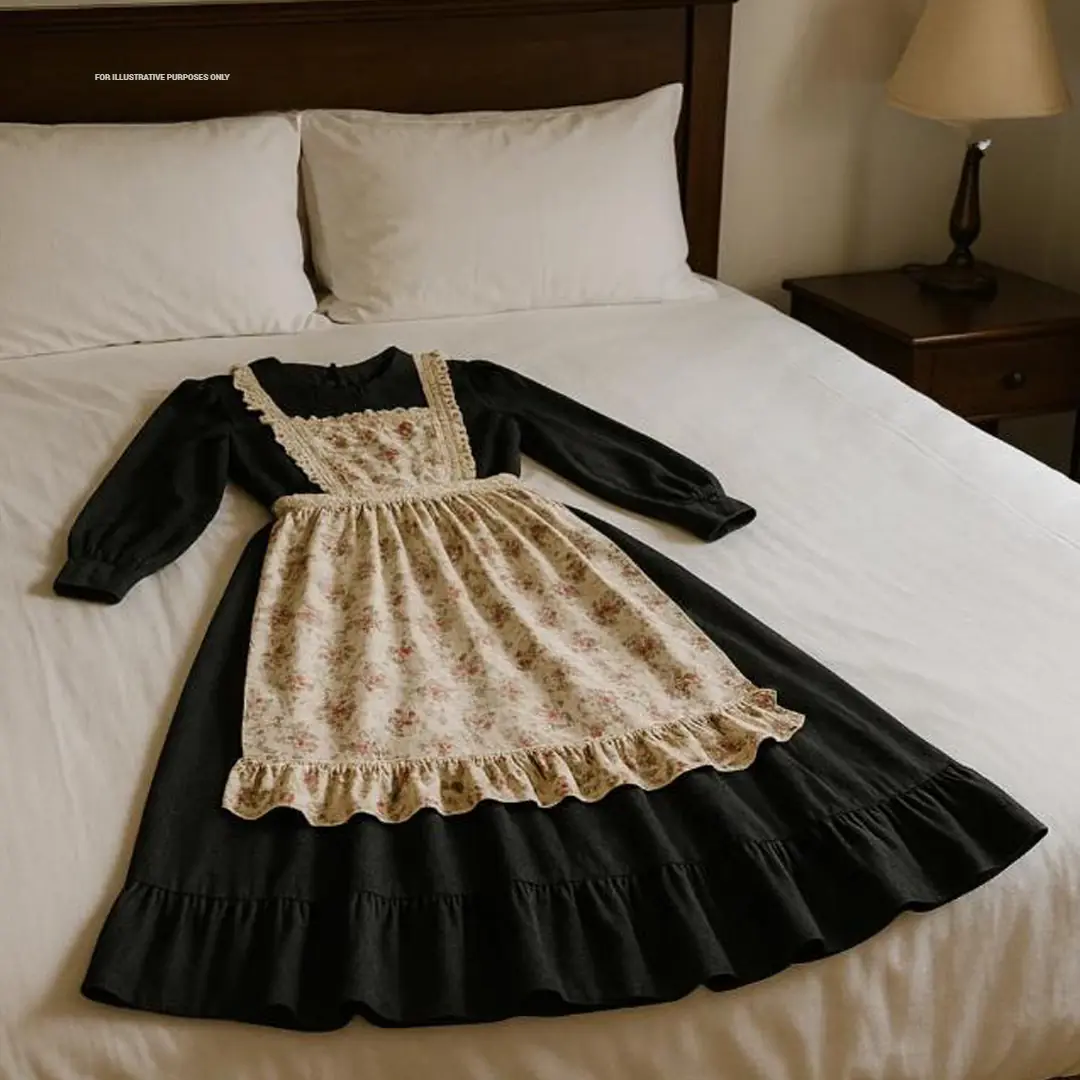
A Week After We Moved in Together, He Handed Me a 'House Uniform'—He Wasn't Ready for What Came Next
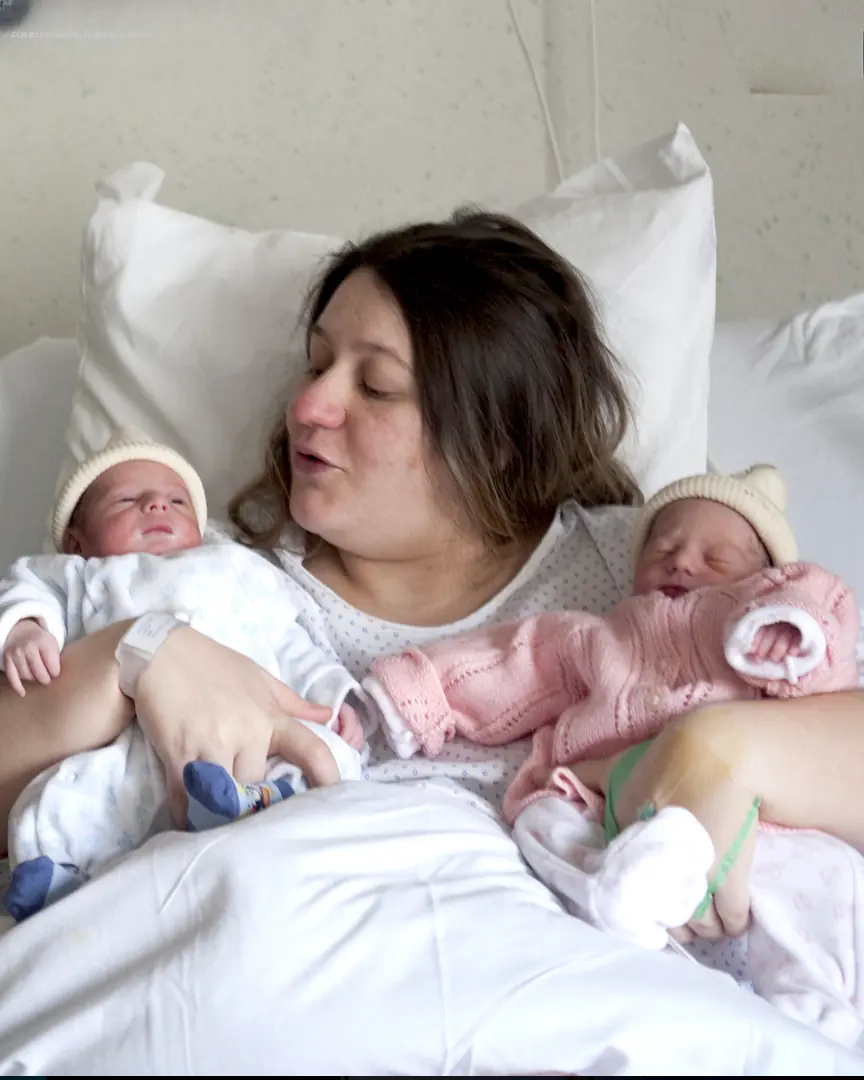
Man Mocks Wife for Gaining Weight after Giving Birth, Finds Her Diary after She’s Hospitalized — Story of the Day
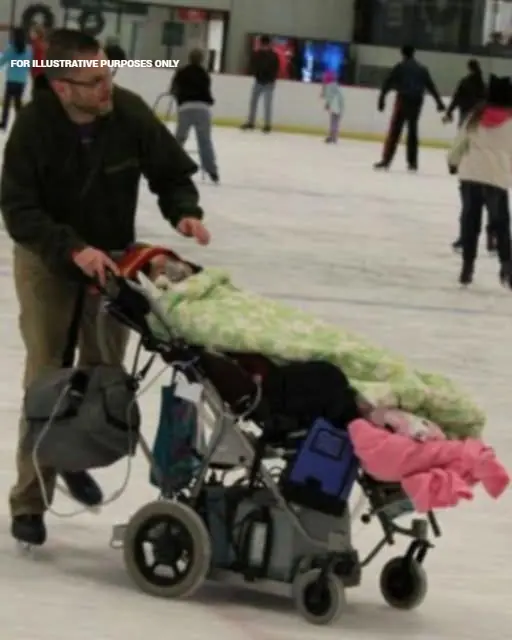
I TOOK MY DAUGHTER SKATING—EVEN THOUGH SHE CAN’T WALK
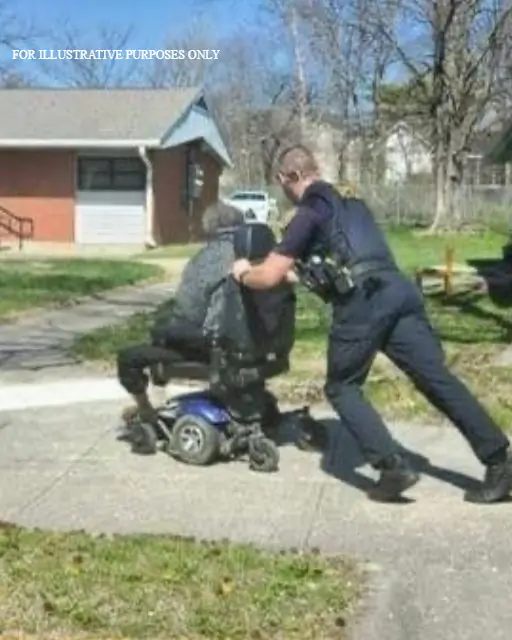
EVERY SINGLE DAY, THIS OFFICER PUSHES MY DISABLED NEIGHBOR—AND I FINALLY ASKED WHY
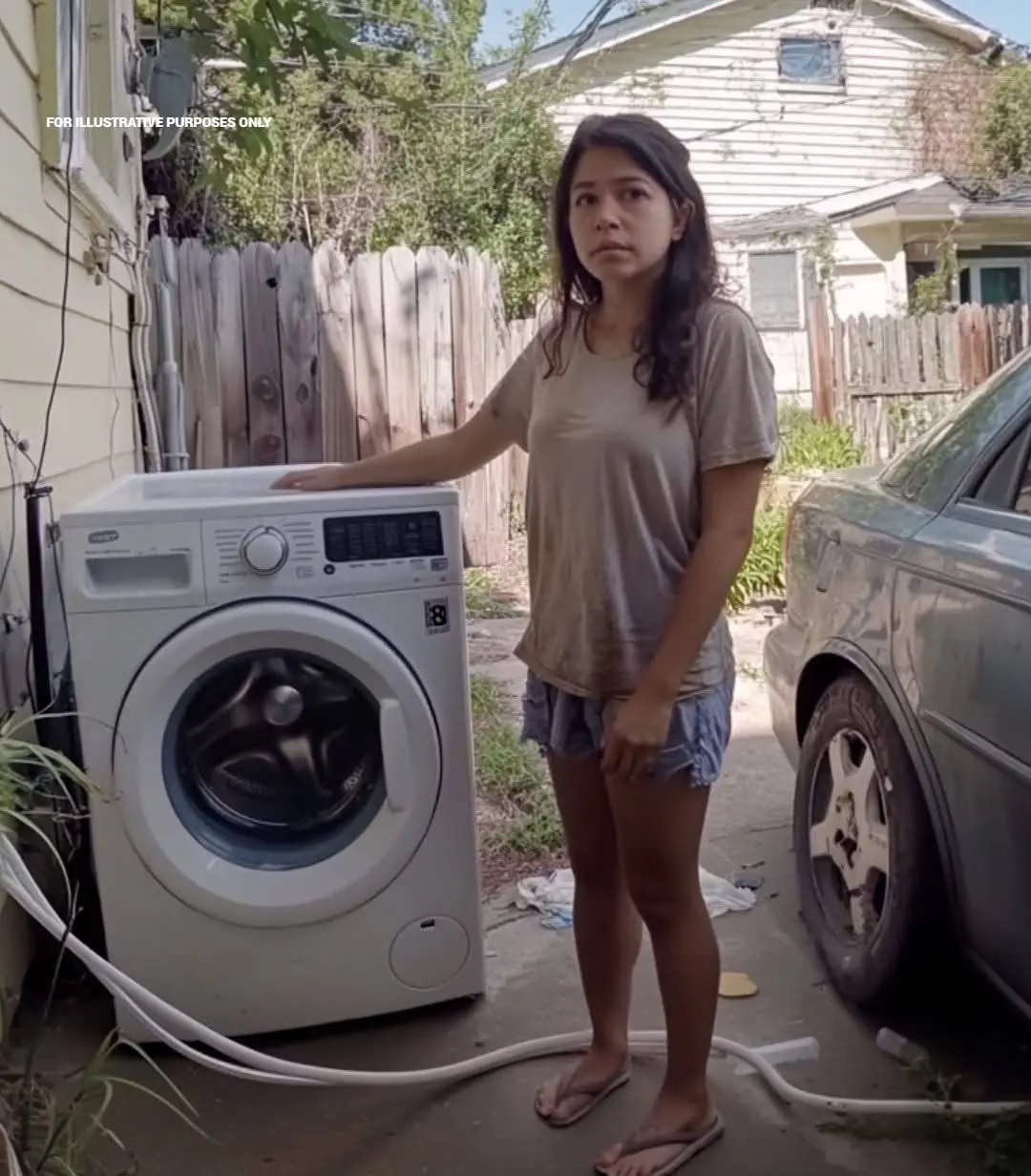
Poor Young Mom Buys Old Washing Machine She Could Barely Afford, Then Finds Note Inside — Story of the Day
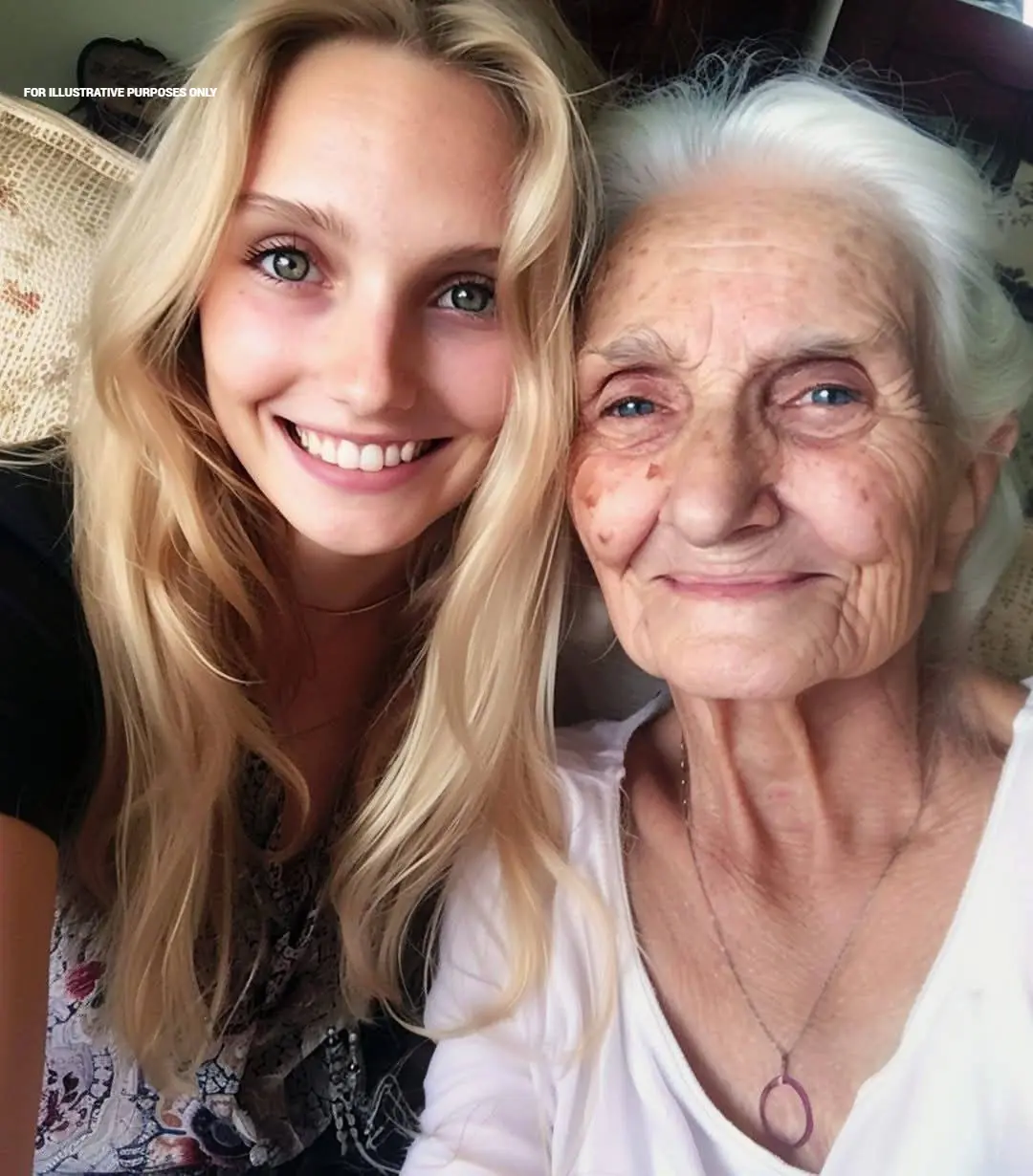
I Rented a Room from a Sweet Old Lady — but One Look at the Fridge the Next Morning Made Me Pack My Bags
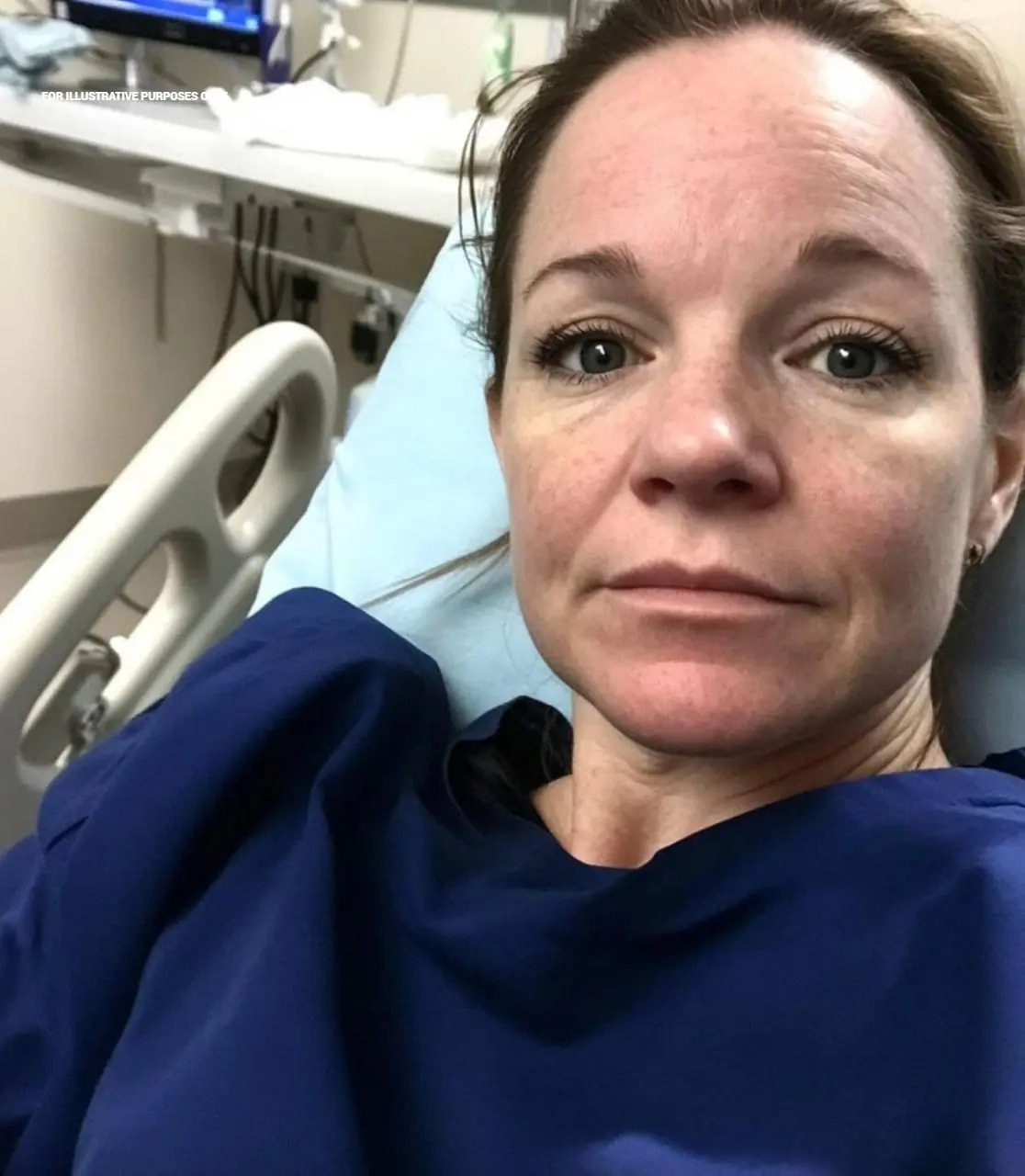
When I Told My Husband I Was Sick and Might Lose My Ability to Walk, He Left Me Right Away — Little Did He Know How Much He’d Regret It Later
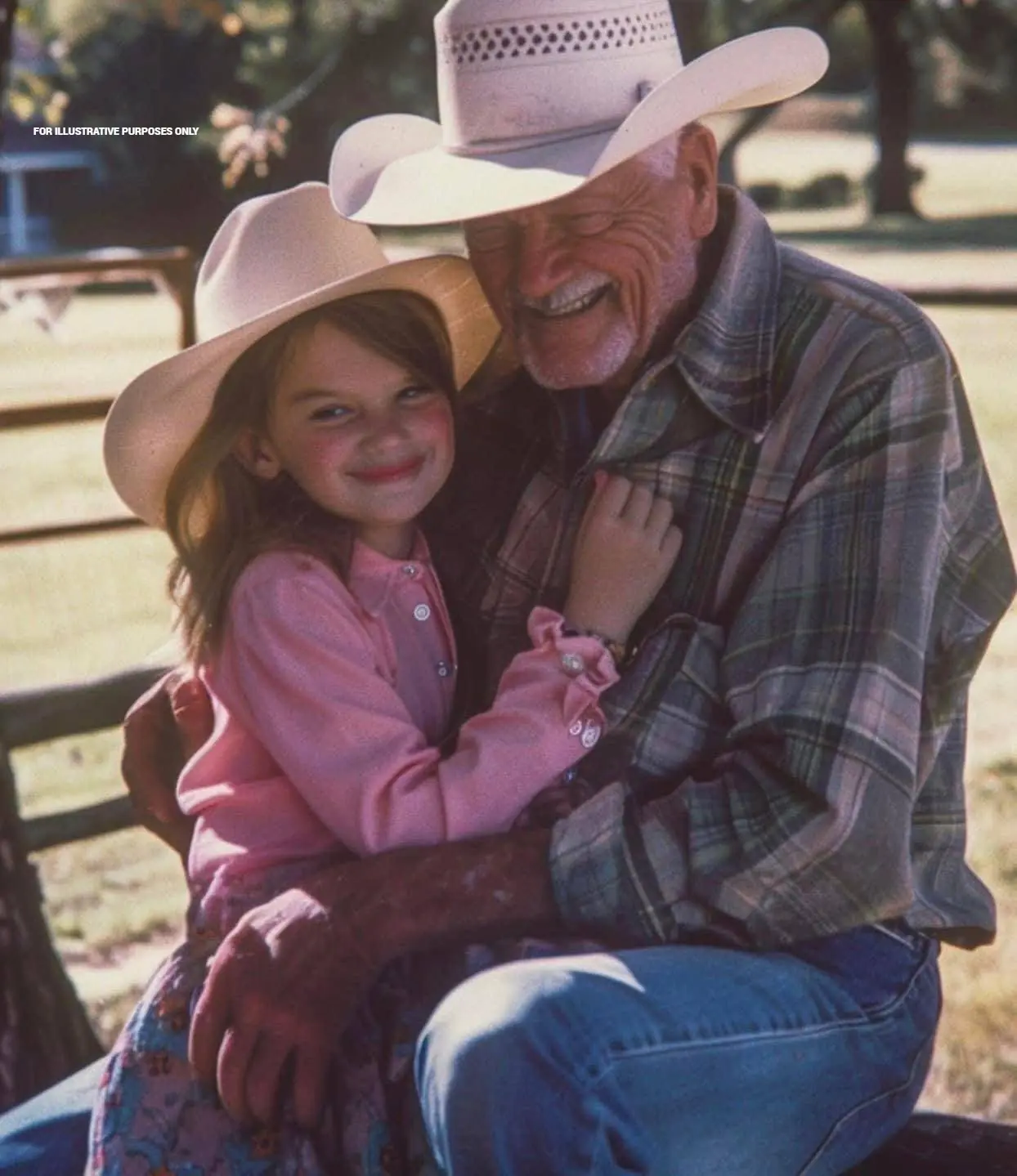
I Intended to Fight for My Father’s Inheritance, Which Had Been Given to a Stranger, Until a Hidden Family Secret Completely Changed My Perspective
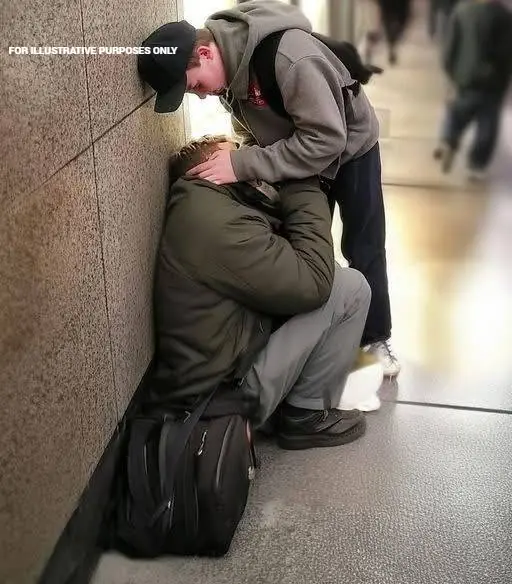
Rich Man Humiliates Boy Shining Shoes in Underpass
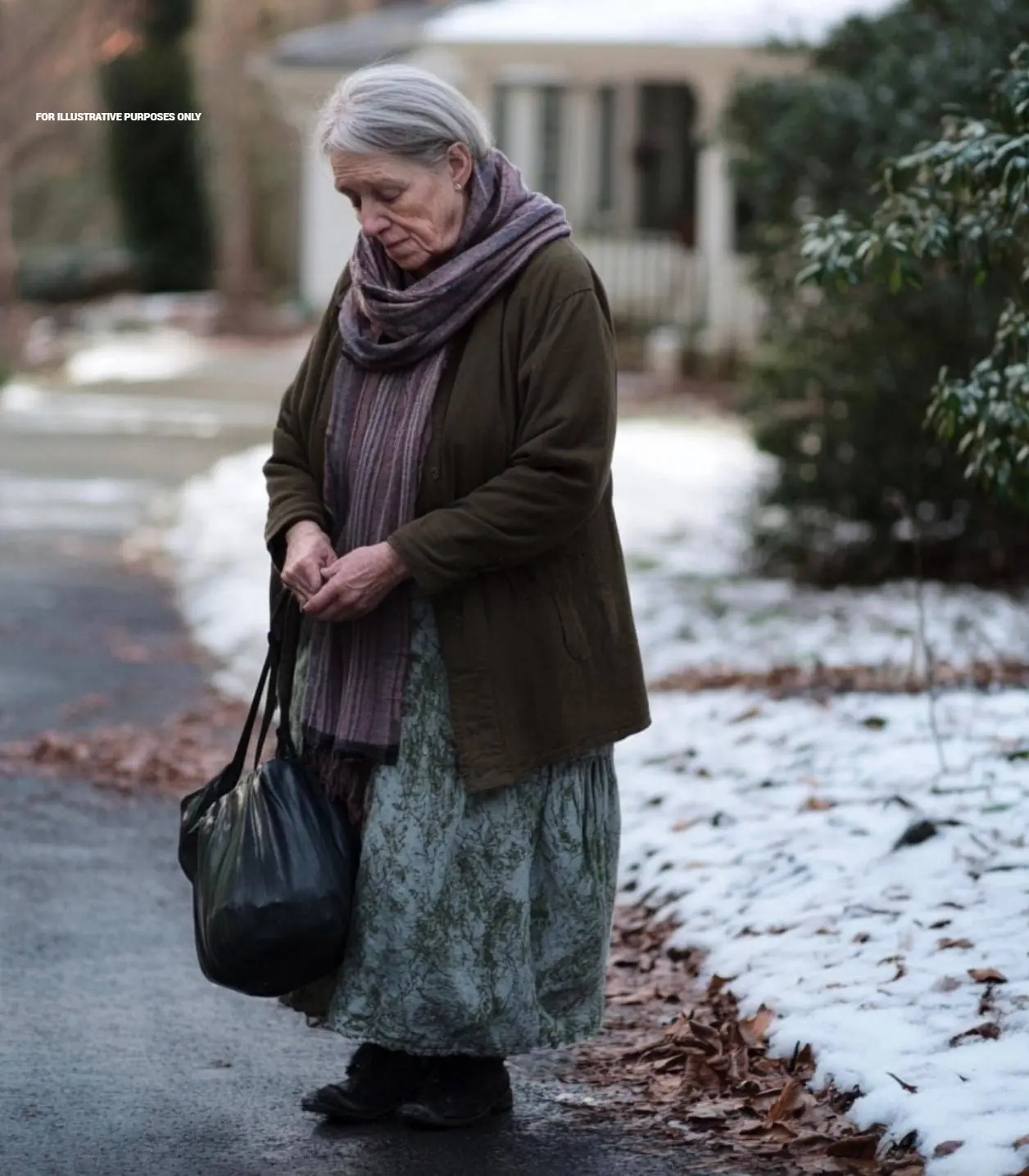
Just hours before my wedding, an unfamiliar elderly woman came up to me and asked if she could read my palm

Years after I finished school, the bullies who tormented me attempted to embarrass me at my job, but they didn’t foresee the swift retribution that followed.
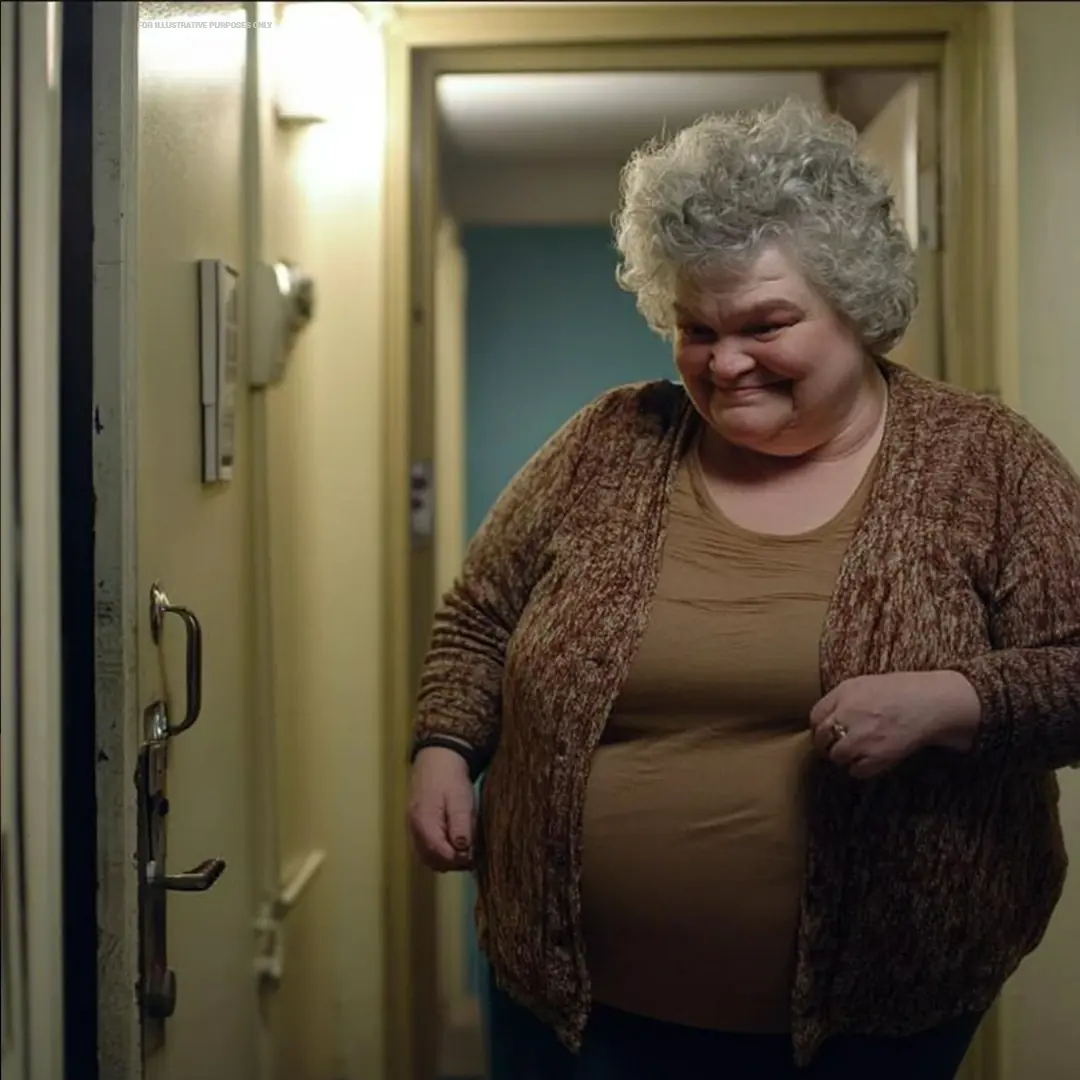
I Came Home and Saw My Things in Trash Bags by the Elevator – Then My MIL Opened My Apartment Door and Shocked Me to the Core
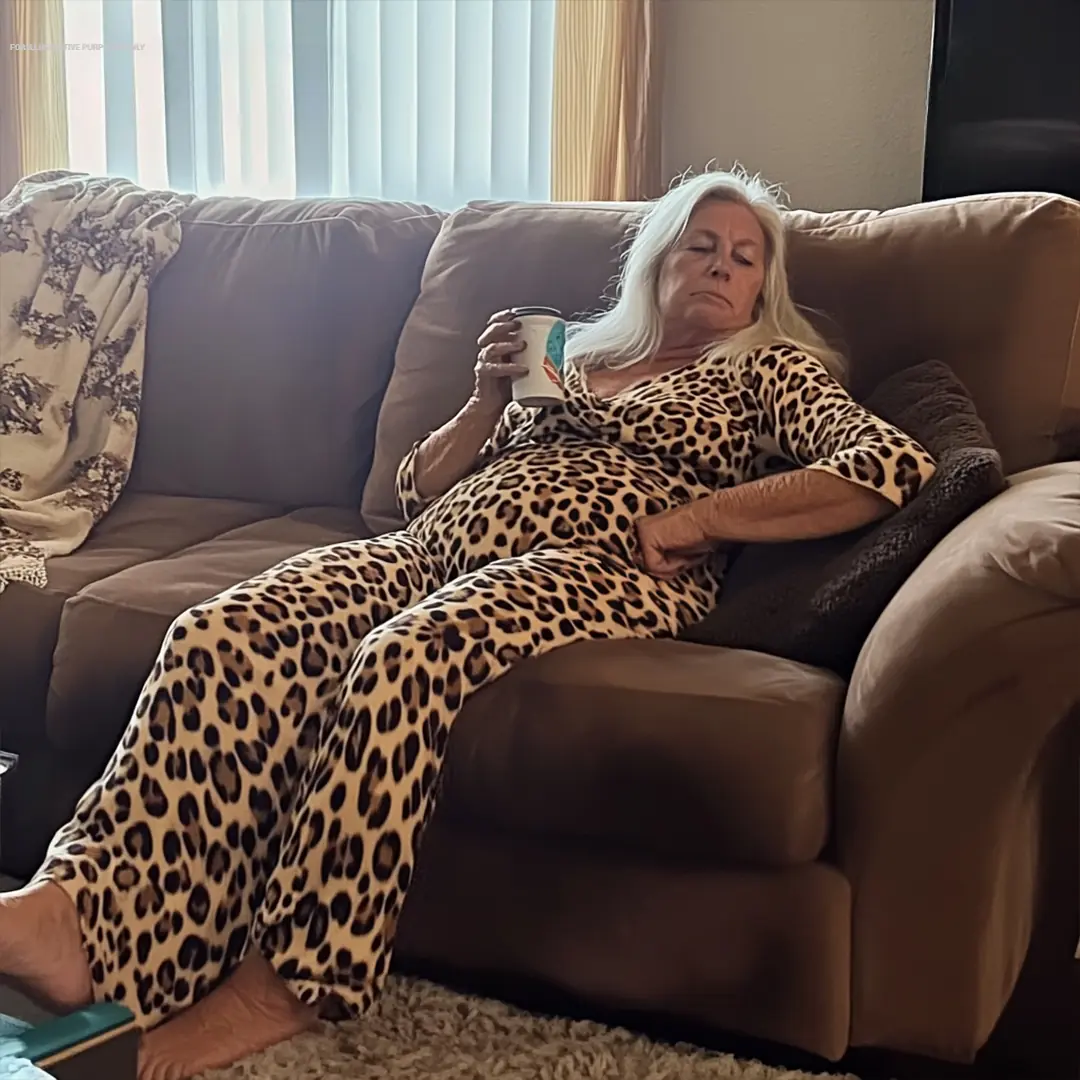
My Husband Wanted to Send My Sick Mother to a Nursing Home While His Own Lives in My House Rent-Free—So I Taught Him a Final Lesson
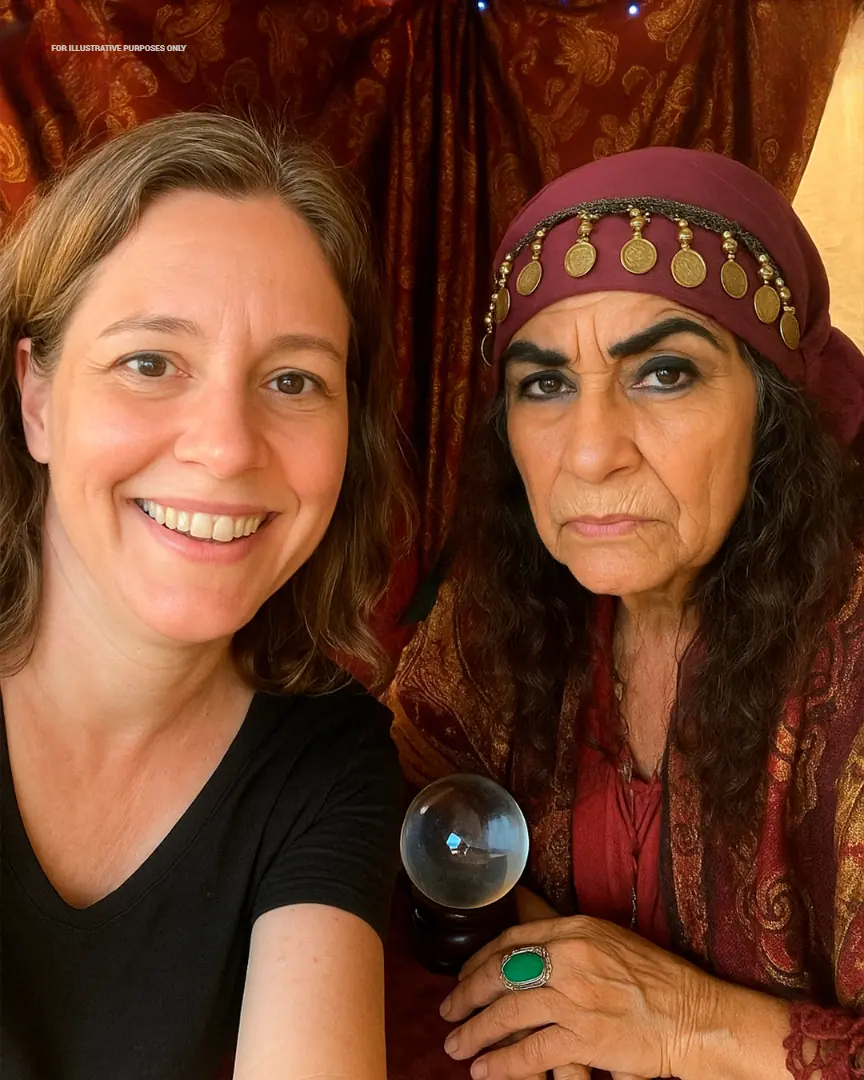
I Was Sure I Was Marrying The One, Until I Went to a Fortune Teller — Story of the Day
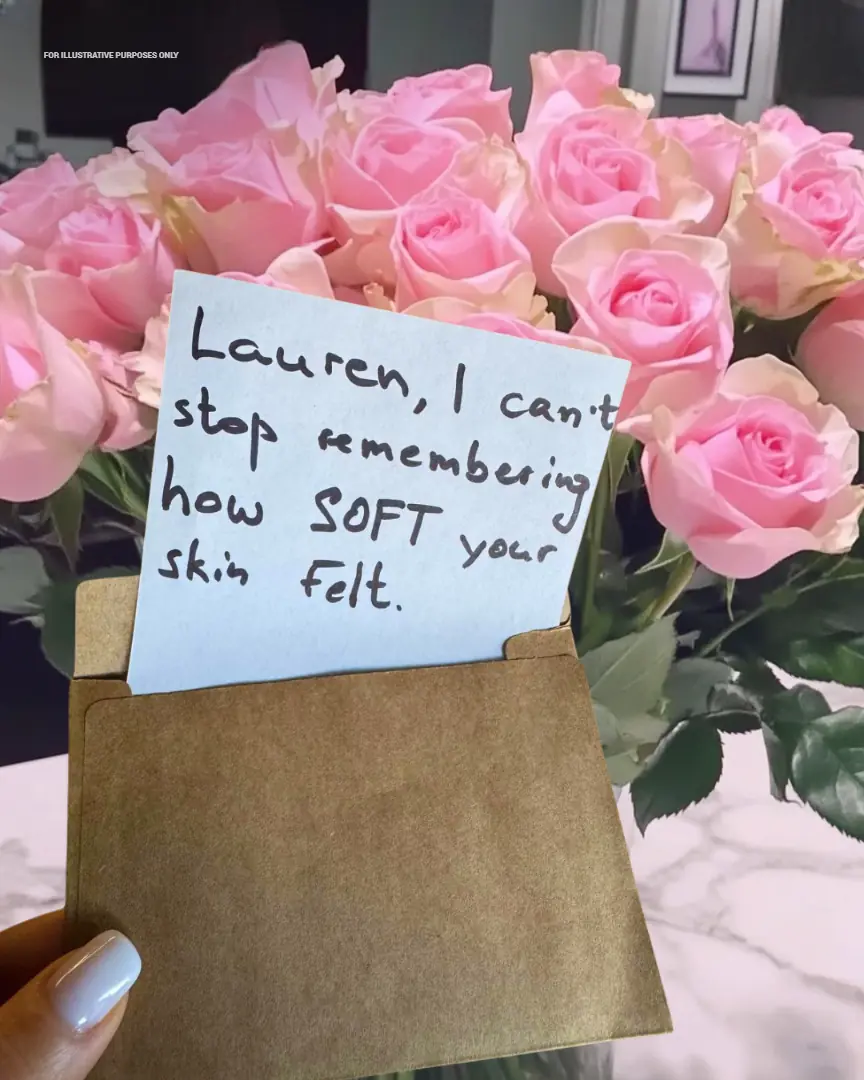
I Started Getting Romantic Bouquets and Intimate Notes Every Day with My Name on Them — My Husband Accused Me of Cheating, Until I Found Out the Truth
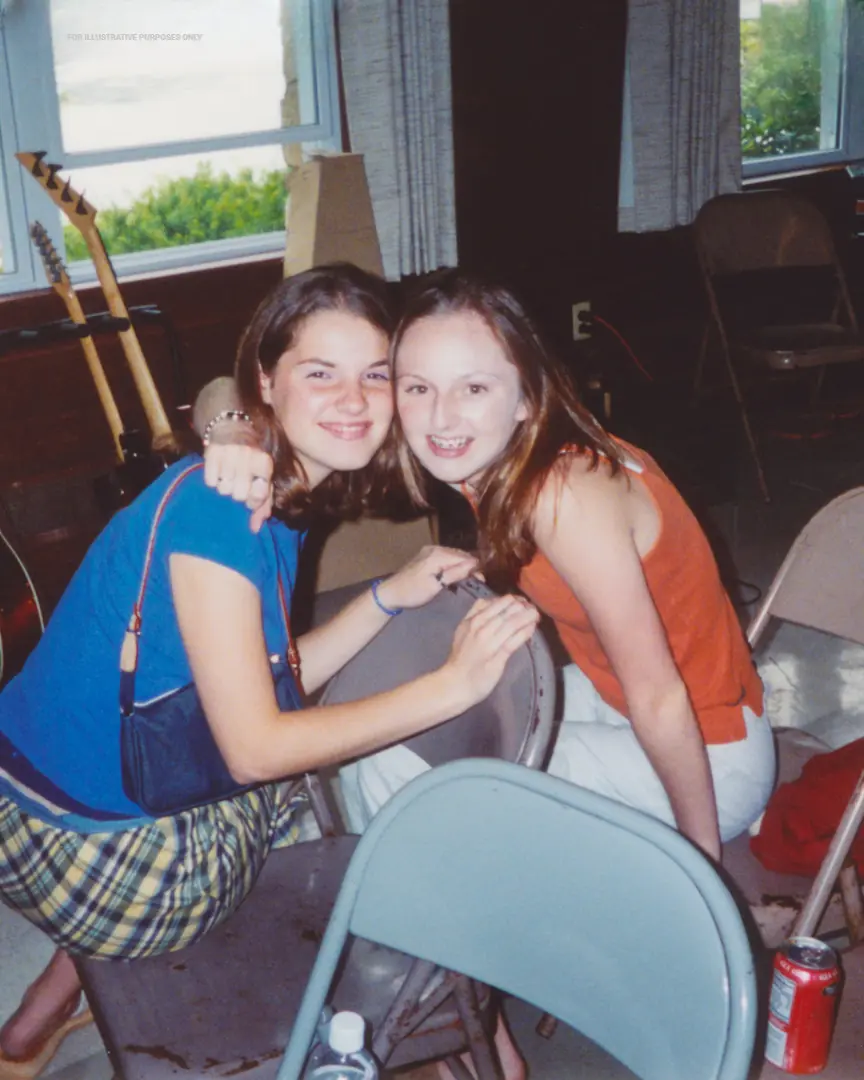
My Sister Betrayed Me Twice to Help Our Evil Father – Story of the Day
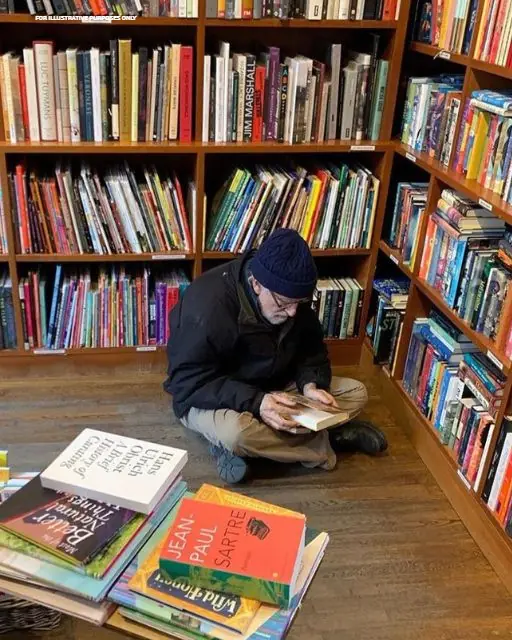
THIS MAN SAT ON THE FLOOR AND READ ALL DAY—WHEN I ASKED WHY, HIS ANSWER BROKE ME
News Post

The Timeless Wisdom of Dr. Norman Walker: The Philosophy of Health and Longevity

My Husband Handed Me a Baby on Mother's Day—But When I Found Out Whose Child It Was, My World Collapsed

💪 45 and Tired? This Grandpa-Approved Beetroot Drink Might Change Your Life

Is Death an Illusion? Quantum Physics Offers a Surprising Perspective

After Wife Leaves Family, Man Raises Child Alone, Woman Contacts Their Daughter 20 Years Later – Story of the Day

A Week After We Moved in Together, He Handed Me a 'House Uniform'—He Wasn't Ready for What Came Next

Man Mocks Wife for Gaining Weight after Giving Birth, Finds Her Diary after She’s Hospitalized — Story of the Day

I TOOK MY DAUGHTER SKATING—EVEN THOUGH SHE CAN’T WALK

EVERY SINGLE DAY, THIS OFFICER PUSHES MY DISABLED NEIGHBOR—AND I FINALLY ASKED WHY

Poor Young Mom Buys Old Washing Machine She Could Barely Afford, Then Finds Note Inside — Story of the Day

I Rented a Room from a Sweet Old Lady — but One Look at the Fridge the Next Morning Made Me Pack My Bags

When I Told My Husband I Was Sick and Might Lose My Ability to Walk, He Left Me Right Away — Little Did He Know How Much He’d Regret It Later

4 Foods You Should Never Combine with Honey Due to Toxin Risk — Many People Consume Them Without Knowing

Get Baby-Soft Heels: Olive Oil and Baking Soda for Cracked Heels

5 Must-Read Stories This Week: Miley Cyrus' 'Too Big' Teeth, Simone Biles' 'Inappropriate' Dress, & More

Natural Remedy for Liver Cleansing: One Tablespoon Before Bed

24-Year-Old Woman Suffers Stomach Perforation Due to One Common Morning Coffee Mistake

65-Year-Old Man Passes Away at Night: Doctor Warns Against 4 Types of Drinks Before Bedtime

Carrot Orange Ginger Juice: A Nutrient-Packed Powerhouse for Your Health
